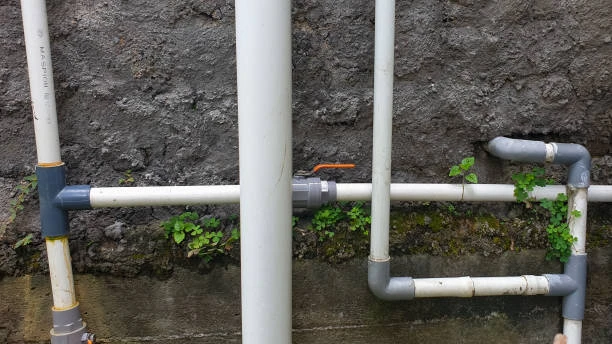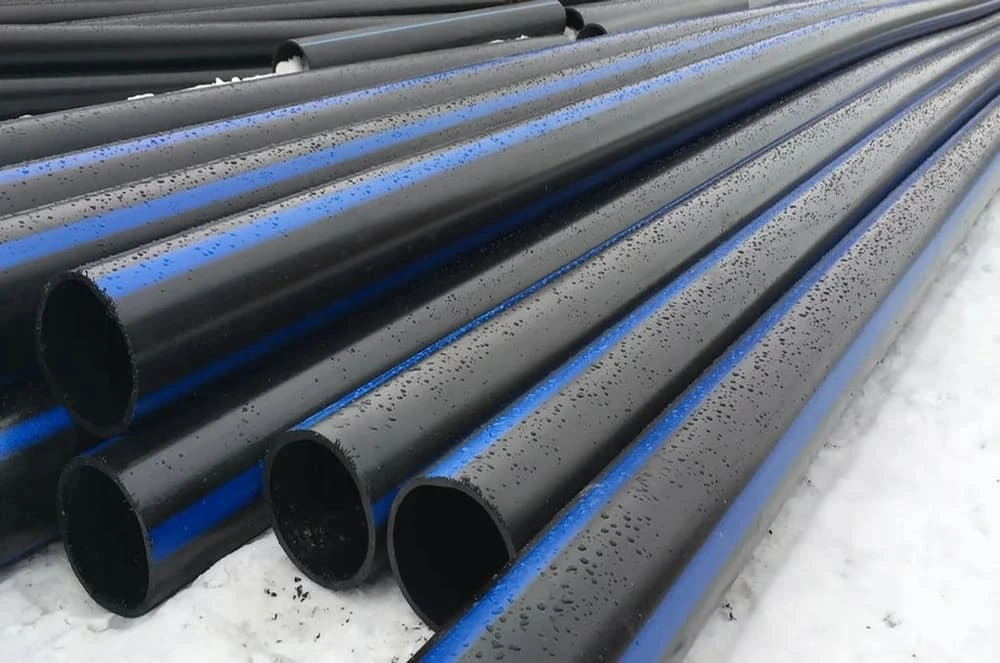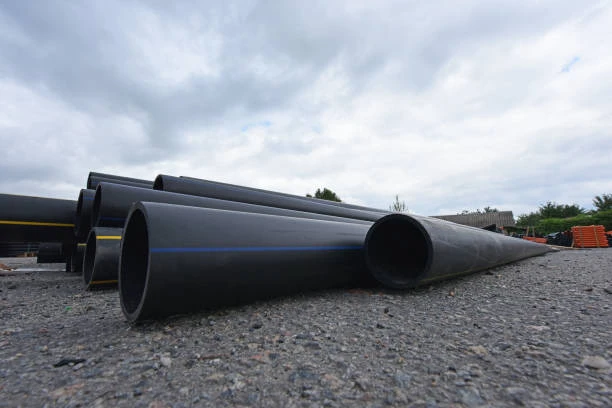Introduction
In a significant move for the plastic manufacturing industry, Atkore, a prominent player in the electrical, mechanical, and plumbing sectors, has announced the acquisition of United Poly Systems, a leading manufacturer of High-Density Polyethylene HDPE pipe. This strategic acquisition is part of Atkore’s broader strategy to enhance its portfolio and strengthen its market position in the HDPE pipe segment. This article will delve into the implications of this acquisition, the benefits of HDPE pipes, and the future landscape of the industry.

Overview of HDPE Pipe
High-Density Polyethylene (HDPE) pipes are widely recognized for their exceptional strength, durability, and resistance to environmental factors. These pipes are utilized across various sectors, including water supply, wastewater management, and industrial applications. The rising demand for sustainable and cost-effective piping solutions has led to increased interest and investment in HDPE technology.
Benefits of HDPE Pipe
- Durability: HDPE pipes have an impressive lifespan, often exceeding 50 years, thanks to their resistance to corrosion and environmental stress.
- Lightweight and Flexible: Compared to traditional materials, HDPE pipes are much lighter, making transportation and installation more efficient. Their flexibility allows for easier adaptation to various installation methods.
- Chemical Resistance: HDPE pipes are not affected by most chemicals, making them ideal for transporting industrial waste and aggressive substances.
- Cost-Effectiveness: Despite a higher initial investment, the long-term savings from reduced maintenance and longer lifespans often make HDPE pipes more economical.
- Sustainability: As a recyclable material, HDPE contributes to environmental sustainability, aligning with global initiatives to reduce waste and promote recycling.
Atkore’s Acquisition of HDPE Pipe United Poly
Strategic Rationale
Atkore’s acquisition of United Poly Systems represents a strategic expansion into the HDPE pipe market, which is experiencing robust growth. By integrating United Poly’s manufacturing capabilities and product offerings, Atkore aims to leverage its existing distribution network and enhance its overall market presence.
Enhanced Product HDPE Pipe Offering
United Poly is known for producing a wide range of HDPE pipes use in various applications, including potable water, wastewater, and industrial processes. This acquisition allows Atkore to broaden its product line, providing customers with comprehensive solutions and meeting diverse market needs.
Market Positioning
The acquisition positions Atkore as a significant player in the HDPE pipe industry, enabling it to compete effectively against established manufacturers. By combining resources, Atkore can enhance its research and development efforts, driving innovation and improving product quality.
Synergies and HDPE Pipe Cost Savings
Integrating United Poly into Atkore’s operations is expecte to create synergies that lead to cost savings in manufacturing, logistics, and administrative functions. These efficiencies will enable Atkore to offer competitive pricing while maintaining high-quality standards.
The HDPE Pipe Market Landscape
HDPE Pipe Growing Demand
The demand for HDPE pipes is drive by various factors, including urbanization, aging infrastructure, and the need for efficient water management systems. Governments and private entities are increasingly investing in sustainable infrastructure projects, further boosting the market for HDPE pipes.
Regulatory Environment
The regulatory landscape surrounding water supply and wastewater management continues to evolve, with stricter guidelines promoting the use of materials that are safe and environmentally friendly. HDPE pipes meet these criteria, making them an attractive option for many projects.
Technological Advancements
Recent advancements in HDPE manufacturing processes have led to improved product quality and performance. Companies like Atkore and United Poly are likely to invest in research and development to innovate and enhance the properties of HDPE pipes, such as increased resistance to chemicals and extreme temperatures.
Competitive Landscape
The HDPE pipe market is characterized by a mix of establishe players and emerging companies. Atkore’s acquisition of United Poly will intensify competition, prompting other manufacturers to innovate and improve their offerings.
Challenges in HDPE Pipe the Industry
Despite the positive growth outlook, the HDPE pipe industry faces challenges, including fluctuating raw material prices and supply chain disruptions. Companies must navigate these hurdles while maintaining product quality and customer satisfaction.
Future Outlook
With Atkore’s acquisition of United Poly, the future of the HDPE pipe market looks promising. The combined strengths of both companies will likely lead to enhanced product development, improved operational efficiencies, and a stronger market presence.
Investment in Sustainability
As sustainability becomes a central focus in infrastructure development, HDPE pipes, with their recyclable properties and long lifespans, will be increasingly favore. Atkore’s commitment to sustainable practices through this acquisition aligns with global trends towards greener construction solutions.
Expansion Opportunities
Atkore may explore additional acquisitions in the future to further solidify its position in the HDPE pipe market. By continuously enhancing its capabilities and expanding its product lines, Atkore can respond effectively to the evolving needs of customers.
Conclusion
Atkore’s acquisition of United Poly Systems is a strategic move that underscores the growing importance of HDPE pipes in various industries. With benefits such as durability, sustainability, and cost-effectiveness, HDPE pipes are set to play a crucial role in future infrastructure projects. As Atkore integrates Unite Poly’s capabilities, the company is well-positione to lead in the HDPE pipe market, driving innovation and meeting the needs of a diverse customer base.
FAQs
1. What are HDPE pipes use for?
HDPE pipes are use in various applications, including water supply, wastewater management, industrial processes, and agricultural irrigation.
2. How long do HDPE pipes last?
With proper installation and maintenance, HDPE pipes can last over 50 years.
3. Are HDPE pipes environmentally friendly?
Yes, HDPE pipes are recyclable and contribute to sustainable practices in construction and infrastructure development.
4. What makes Atkore’s acquisition of United Poly significant?
The acquisition enhances Atkore’s product offerings, market presence, and manufacturing capabilities in the growing HDPE pipe market.
5. How do HDPE pipes compare to traditional piping materials?
HDPE pipes offer superior durability, corrosion resistance, flexibility, and long-term cost savings compared to traditional materials like metal and concrete.


















